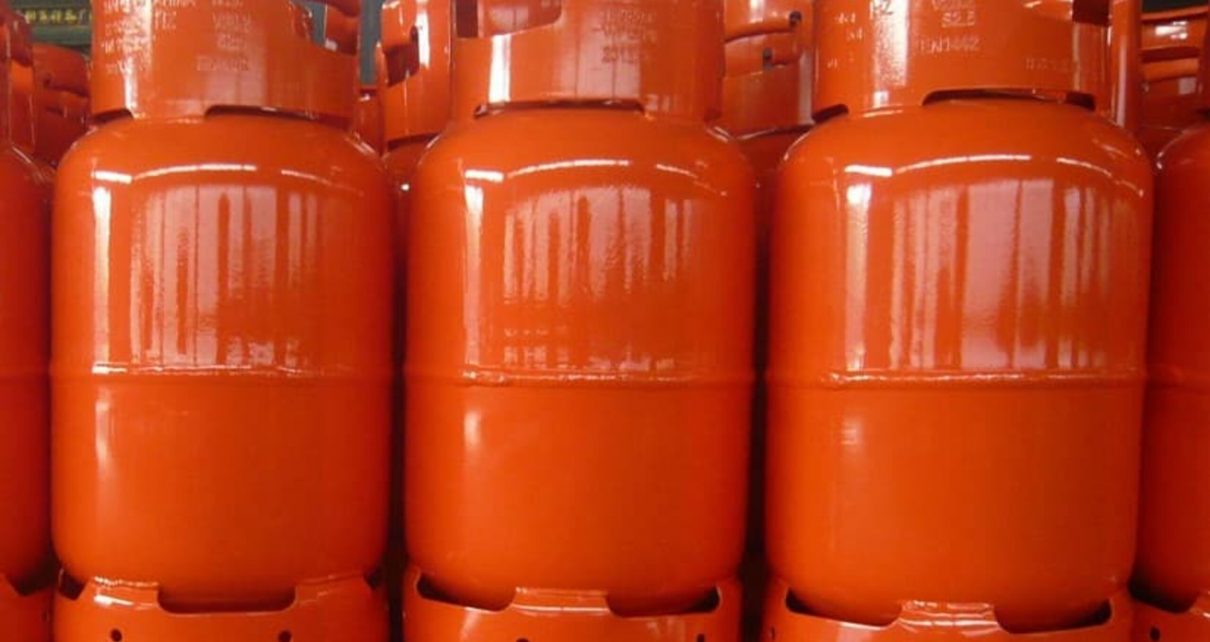Due to the force majeure declared by Nigeria Liquefied Natural Gas Ltd (NLNG), the Nigerian Association of Liquefied Petroleum Gas Marketers (NALPGAM) has warned Nigerians against buying Liquefied Petroleum Gas (LPG), also known as cooking gas, in a panic.
In response to NLNG declaring force majeure on its gas facilities due to flooding on Monday, its president, Mr. Oladapo Olatunbosun, made the request in a statement on Saturday in Lagos.
Olatunbosun advised people not to be concerned about any imagined shortages resulting from the declared force majeure.
Contracts often have a clause called “force majeure,” which basically says that neither party is responsible or obligated if something out of their control happens that makes it impossible for them to do so.
These situations include those that prevent one or both parties from upholding their end of the bargain, such as war, strike, riot, crime, disease, or rapid changes in the law.
The president reiterated that “based on information reaching the association; NLNG has not shut down its production facility in Bonny as rumoured.”
He attested to the fact that NLNG had transported LPG for the domestic market on October 20.
He said that on October 20, the ship named to carry the LPG from the NLNG Plant in Bonny, the “Alfred Temile,” arrived in Lagos to unload the product.
“The public should know that the supply of LPG from NLNG has not stopped.
“We should not give opportunity for further price hike due to speculated shortage of the product.
“We are already in hard times with the Russian/Ukraine war causing upset in the markets and the scarcity,” he advised.
He added that output was anticipated to increase when the water subsided and that NLNG had guaranteed the organisation that it would continue to produce LPG based on the feed-gas it received from its gas suppliers.
He did, however, issue a warning to middlemen in the value chain not to profit from the market panic brought on by the flood, which had also complicated the distribution of production around the country.
He demanded immediate action from key players to expand the business and greater investment to satisfy demand and drive down prices.
In a similar vein, Mr. Andy Odeh, general manager of external relations and sustainable development at NLNG, asked Nigerians not to rush to fill their gas cylinders because there was enough LPG on hand to meet demand.
According to Odeh, the floods or proclaimed force majeure had no effect on the supply of LPG.
In recent years, the domestic market’s sole supplier of gas has been NLNG, who supplies 40% of that market’s needs.
Odeh continued by saying that the company’s facility was only operating to a certain extent because some of its upstream gas suppliers were providing less gas than usual.
“None of NLNG’s assets on Bonny Island or in any of its host communities are impacted by the flood.
“The force majeure is as a consequence of a similar notice by upstream gas suppliers due to the impact of flood on their production facilities.
“NLNG continues to monitor the situation with upstream gas suppliers and is evaluating the impact of the flood on its business,” he said.
He gave the assurance that the company was collaborating with all important stakeholders to lessen the effect on product deliveries.
The cost of cooking gas is comparatively consistent throughout the Lagos metropolis as it continues to cost between N9,400 and N11,000 every 12.5kg cylinder.



